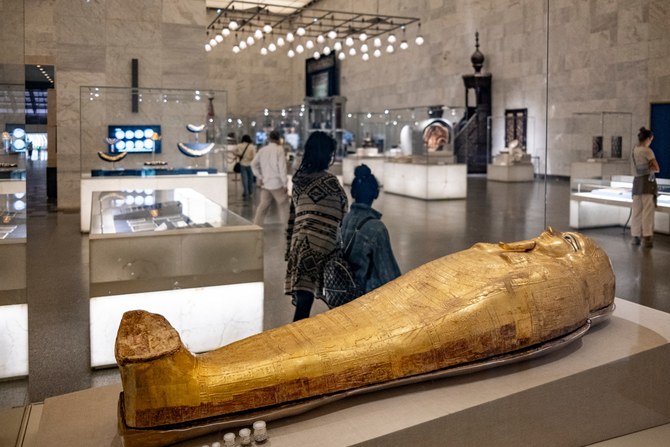
With more than 300 investors and 150 of the world’s major news media outlets jammed into the Four Seasons Hotel in Manama, Bahrain, you would think something important was happening there this week.
Jared Kushner, special adviser and son-in-law to US President Donald Trump, delivered a 22-minute speech that tried to recast the seven decades-long Palestine-Israel conflict into 11-digit numbers. His opening remarks at the “Peace to Prosperity” workshop were impressive, although he slowly descended into a rewrite of the Arab-Israeli conflict.
“The fact that so many global leaders and experts on investment came from all around the world shows there is a serious interest, appetite and willingness by the global community to help the Palestinian people if the right context can be created,” he told a packed auditorium of investors, royals, and diplomats, as journalists watched numbly on TV monitors from an anteroom nearby.
“The Peace to Prosperity vision is a modern framework for a brighter and more prosperous future. It is a vision of what is possible with peace.”
Kushner continued during his preamble: “I hear the same broken record of… why progress is not possible… We all agree on the following goals: We want to see peace, security and prosperity for Palestinians, Israelis and everyone else throughout the world. We want the freedom for people to worship without persecution. We want people to live together with dignity and respect… We do not need to spend a lot of time discussing how we got here. We all know how we got here.”
We also know how the Palestinians did not get there. It was almost as if the discussions were a eulogy for Palestinians, who barely made up a handful of the attendees, including this writer. As a Palestinian and a journalist, I felt that I was doubly left out of the focus — even though Kushner did mention the word “Palestinians” dozens and dozens of times. The speech was an effort to redefine the Middle East environment, where, for a century, Palestine has been a sacred cause.
Yet it would have been so easy for an articulate Palestinian leader to steal the show from Kushner, who also did a few one-on-one interviews.
Someone like the articulate Dr. Hanan Ashrawi would have been a media magnet. All she had to do was listen, then stand up and walk a few hundred feet to the media room, where she would have had an international platform to respond to Kushner’s ideological vision of convincing the Arab world that it must accept Israel with or without a Palestinian state.
Ashrawi would have “stolen the headlines” — a journalism phrase that conveys how the intended focus of an event like “Peace to Prosperity” could easily be sidelined by a more pressing news story.
Everyone who has a stake in Middle East peace was watching this meeting, including the rejectionists who have turned a political strategy of boycotts and saying no into the poster child of Palestinian existence.
Ashrawi could have said no, just as the Arabs did previously. Or she could have symbolically taken the check for nearly $50 billion that is being promised to help the Palestinians do something else besides clamor for dignity, human rights, the rule of law and, in many instances, cling to life itself when life is snuffed out by cleverly constructed verbiage like “extrajudicial killings.”
Kushner was speaking about empowering the Palestinian people in a way they never have been before.
Ray Hanania
Having relegated themselves to the sidelines, the speeches and panels discussing Palestinian economic health and rebirth sounded more like chapters of prose from Greek mythology. Everyone loves mythology, but how many really believe that world ever existed?
Still, as a Palestinian myself, it was nice to hear the word “Palestinians” being articulated in a positive way, rather than in the usual negative diatribes of media bias, terrorism, violence and demonization.
Despite the bewilderment of wondering who exactly educated Kushner on the history of the Middle East conflict, his words sounded sincere, genuine and passionate. He wasn’t throwing rhetoric like daggers but was speaking about empowering the Palestinian people in a way they never have been before. Money does drive the world, after all. It is the lifeblood of power. It opens doors and, better yet, it opens minds.
Many of Kushner’s ideas sounded reasonable, even if they didn’t include screams about Israel’s violations of Palestinian human rights. Money would give the Palestinians a foundation of influence that could compete with Israel’s foundation of public relations mythology. Yes, that is where the mythology has been constructed.
Kushner was right. We do all know how we got to where we are, and how the Palestinians managed to not get there — again.
As a Palestinian, Kushner’s words resonated with me, even though deep down I wondered about his underlying motives as a pro-Israel partisan.
Just for once, couldn’t we as Palestinians set aside the failed policies of rejectionism and try something else? Maybe walk the narrow passageways of hope rather than manage to make ourselves the outsiders in a forum that is all about us.












